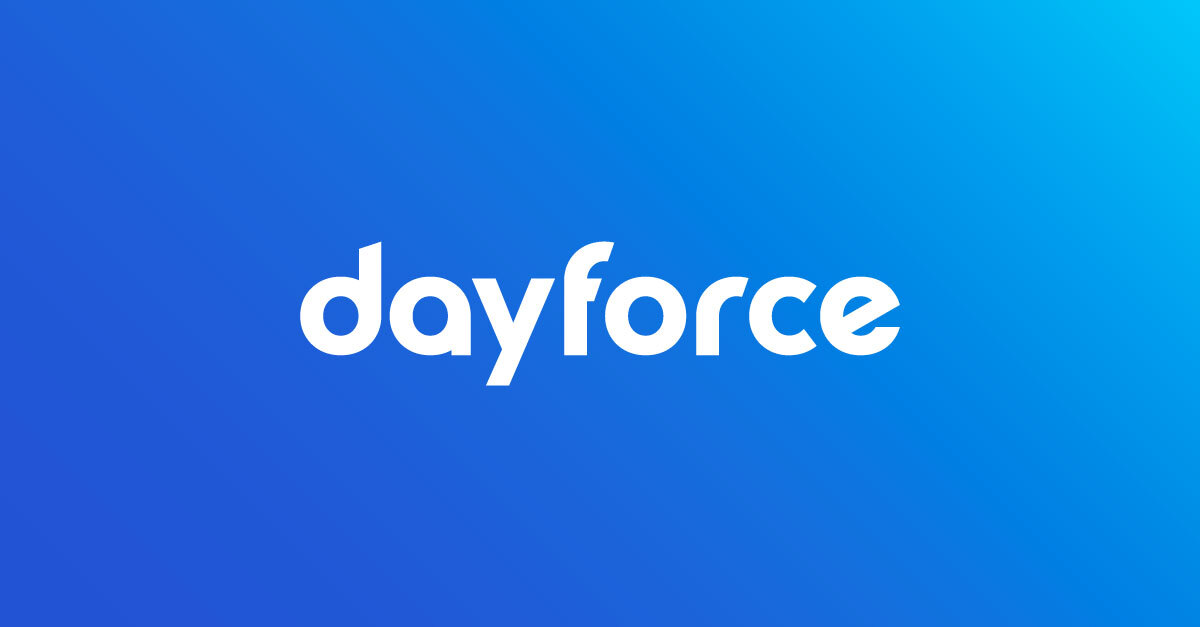Harnessing AI in the battle for retail talent: How talent intelligence is transforming recruitment
Retail’s biggest challenge isn’t its supply chain or shopping experience – it’s hiring and retaining top talent who will bring innovations to life.

Table of Contents
Inside Retail Australia and KPMG1 have unearthed a telling statistic – 43% of executives within the sector pinpoint staffing as their biggest challenge. Our own data revealed a similar trend: 70% of Australia and New Zealand respondents in Ceridian's 2023 Executive Survey faced a labour shortage over the past year, and a staggering 87% anticipate these shortages will continue for the next 12 months.
Persistent turnover, widening skills gaps, and constantly shifting consumer expectations and behaviour are putting pressure on a sector that has already borne the brunt of years of disruption. And with the average time-to-fill a role now soaring above 25 days,2 the need for sophisticated talent intelligence in the retail sector has never been clearer, or more urgent.
Retailers have an opportunity to leverage advanced technology such as artificial intelligence (AI) and automation to find smarter ways to recruit talent – and engage them throughout the employee lifecycle.
How talent intelligence is revolutionising retail recruitment
Talent intelligence is a modern approach to HR that leverages data, analytics, and advanced technologies such as AI to make more informed decisions about talent acquisition, management, development, and retention. It's a multifaceted strategy that enables companies to gain deep insights into the talent market, understand the current workforce's capabilities, and predict future needs.
Talent intelligence in retail goes beyond just filling positions. It’s about creating a dynamic, skilled workforce that can adapt to the ever-changing retail landscape.
Talent intelligence isn’t just another buzzword – it’s the engine driving a range of practical solutions for retailers:
- Skill-based hiring: Advanced algorithms can enhance the matching process, ensuring that candidates selected for interviews have skill sets aligned with specific retail roles, such as customer service, merchandising, or inventory management.
- Seamless onboarding: In retail, where staff readiness can directly impact sales and customer experience, a smooth transition is critical. Having a seamless onboarding system ensures new hires can hit the ground running.
- Competitive reward systems: Retailers can use data to ensure fair compensation, crucial in an industry with high turnover rates. By grounding reward decisions in data, organisations can maintain market competitiveness and enhance employee satisfaction.
- Performance management: In retail, with its fast-paced and target-driven environment, real-time feedback and goal tracking can motivate staff, leading to improved performance and achievement of sales targets.
- Leadership development: Retailers can leverage continuous learning platforms to align employee development with company goals, nurturing future leaders who understand the multifaceted nature of retail management.
- Succession planning: Identifying and nurturing talent for critical retail roles, such as store managers or procurement specialists, helps build robust succession pipelines, ensuring business continuity and the ability to quickly adapt to market changes.
AI and automation are revolutionising retail's approach to talent management, turning a historically reactive process into a proactive strategy.
With AI-driven analytics, retailers can identify skill gaps, predict turnover, and streamline the recruitment process. Automation, when integrated into talent acquisition, accelerates the screening of candidates, facilitating a match between job requirements and applicant skill sets. This precision not only saves time but also significantly reduces the cost per hire.
Fast-tracking talent: AI's role in boosting candidate engagement
In an exceptionally competitive job market, where the window to secure top talent can be just days long, retailers need to be agile and precise. Organisations are sometimes losing candidates before the interview process has even begun, signalling a clear call to action: retailers must act fast – and talent intelligence tools can help them become more agile.
AI can enrich the candidate experience at every touchpoint. For example, AI-powered chatbots provide instant responses to candidate inquiries, and AI-driven tools can help personalise the recruitment process, tailoring communications to reflect candidates' interests and skills. This can help foster a connection from the outset, reducing the chance of early drop-offs.
A positive candidate journey not only elevates a brand's reputation but also encourages engagement from potential hires. Giving a good first impression can reduce the dropout rates, build trust, and reinforce the brand’s competence.
Beyond the interview: Engaging retail talent at every stage
From the moment a new hire steps through the door, they’re looking for signs that they’ve made the right choice. But the challenge doesn't end with getting top talent through the door – it’s about keeping them there.
Talent intelligence can help ensure a seamless transition from candidate to team member. These tools can automate the manual tasks that go into welcoming a new hire, enabling personalised interactions that help new hires feel valued from day one. By providing a strong onboarding experience, retailers can set the stage for long-term engagement.
To keep the retail workforce agile and motivated, retailers must constantly engage with their employees, understanding their needs and aspirations. Using AI-driven analytics to inform decisions around performance, compensation, and development, retailers can tailor their strategies to meet the individual needs of their workforce. Real-time feedback mechanisms and goal tracking keep employees aligned with the company’s objectives, while simultaneously providing them with a clear vision of their career trajectory within the company. This alignment is essential not just for individual growth, but for fostering a company culture that prioritises development and recognises potential.
Building a future-proof retail workforce with AI-driven talent intelligence
AI-powered talent intelligence tools are at the forefront of fostering resilient and sustainable workforces in the retail industry. These advanced systems provide a strategic platform from which retailers can understand, predict, and act upon the complex dynamics of talent management. By doing so, they ensure that their teams are not just equipped to handle the current retail environment but are also prepared for the challenges and opportunities of the future.
[1] Australian Retail Outlook 2023, KPMG, 2023.
[2] Roy Maurer, Employers Across Industries Are Taking Longer to Hire, SHRM, July 2023.
You may also like:
Ready to get started?

